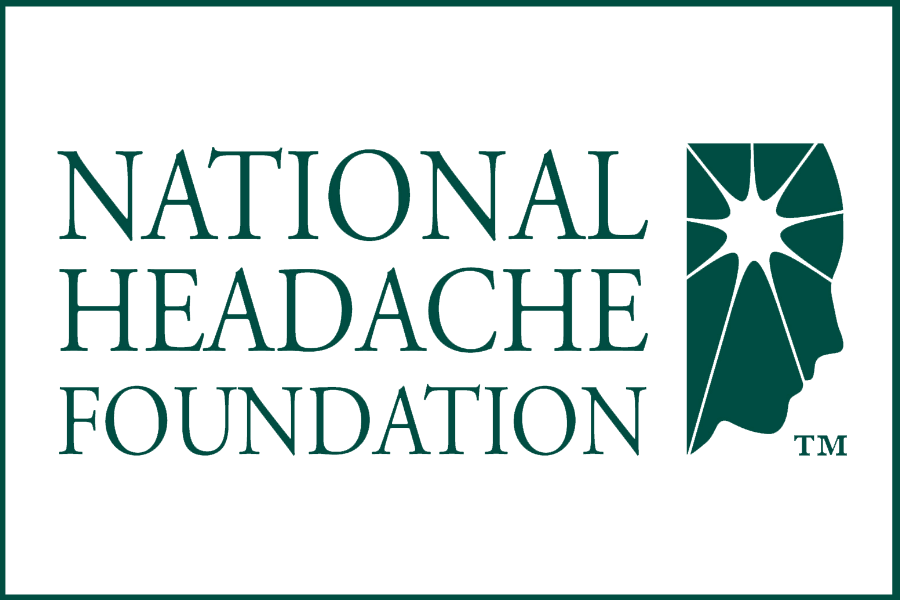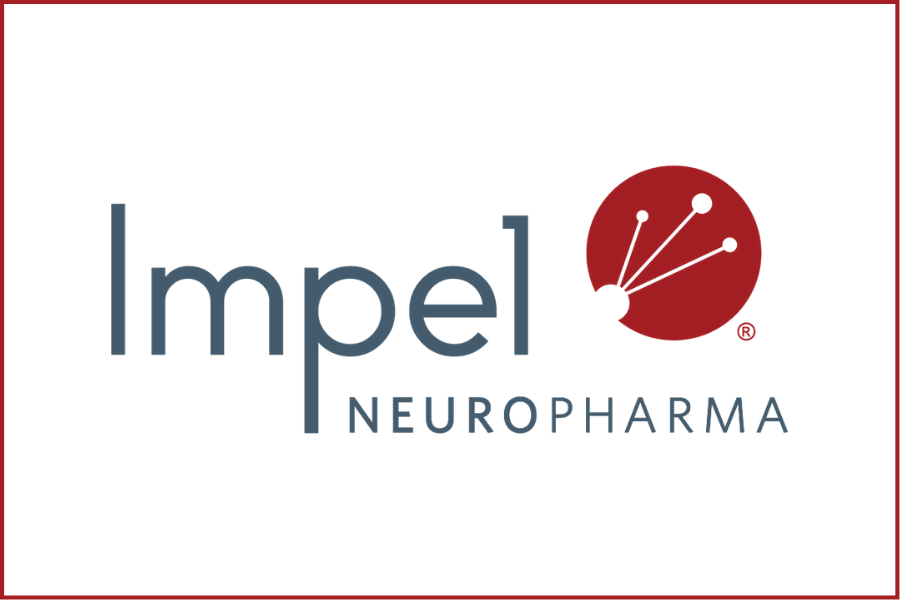[Sponsored] Is the Gut-Brain Connection at the Heart of Oral Migraine Treatment Failure?
You are currently watching a preview of this interview. Unlock the full version by upgrading to an Access Pass bundle! Get FREE access to 8 expert interviews from Day 1 and Day 2 when you register today!
Note: This is a sponsored presentation from Impel Pharmaceuticals.
Key Questions
- Why do some oral treatments fail to provide consistent relief?
- How are migraine and the gut related?
- Other than nausea and vomiting, what other gastrointestinal symptoms are associated with migraine?
- What is gastroparesis?
- How do the gastrointestinal issues associated with migraine affect oral treatment?
- What does the American Headache Society recommend for patients with nausea or vomiting?
- What is the most effective way to treat migraine without pills?
- When should people with migraine consider a non-oral treatment?
Interview Notes

Nada Hindiyeh, MD
Clinical Assistant Professor & Director of Clinical Research in Headache Medicine
Stanford University
Nada Hindiyeh, M.D., is a board-certified neurologist and headache specialist and is currently a Clinical Assistant Professor in the department of Neurology at Stanford University. She is the Director of Clinical Research for the Stanford division of Headache Medicine and serves as principal investigator for several clinical trials.
She was awarded the 2013 Clinical Research Fellowship in Neurotoxins by the American Academy of Neurology and was chosen as an Emerging Leader in the field of Headache Medicine by the American Headache Society in 2017. Her research interests include pathophysiology and novel treatments for migraine, and participation in clinical trials for new headache therapeutics. She is currently a member of the American Headache Society (AHS), serves on the AHS Electronic Media committee and a member of the International Headache Society and the Headache Cooperative of the Pacific.
Dr. Hindiyeh completed her medical degree at the University of Toledo College of Medicine in Toledo Ohio. Both her internship and Neurology residency were completed at the University of California, Irvine, Medical Center, where she was chief resident. She completed her fellowship in headache and facial pain at Stanford University School of Medicine.

Purchase full access to the entire 2024 Summit. Includes:
- All expert interviews with separate audio (MP3) files & transcripts
- Lifetime on-demand access with no annual fee to 2024 Summit
- Interview Summaries
- Treatment Guidelines
- And much more!
Related Talks for: Day 3 (2021)
Preventing Attacks Before They Happen
Jan Lewis Brandes, MD
How Weight Affects Migraine Disease
Dale Bond, PhD
Light Sensitivity and Therapy for Migraine
Deborah Friedman, MD, MPH, FAAN, FAHS
How to Manage Weather Triggers
Jan Hoffmann, MD, PhD
Over the past 50 years, our mission at the National Headache Foundation has been to further awareness of headache and migraine as legitimate neurobiological diseases. Much has changed during this time. With aid from advanced technology and clinical innovation, there are more treatment options than ever before. However, we understand that these diseases are still largely misunderstood and that finding the right treatment options for you requires insight.
Impel NeuroPharma, Inc. is a late-stage biopharmaceutical company focused on developing transformative therapies that unlock the full potential of therapeutic molecules for people living with CNS disorders with high unmet medical needs. Impel NeuroPharma is the first company to investigate targeting the upper nasal space with optimized therapeutic molecules and formulations for treating CNS diseases.
The Summit Co-Host and Producer, Paula is an alumni speaker who is a former business executive with chronic migraine, now thriving as a leading health advocate and editor.








